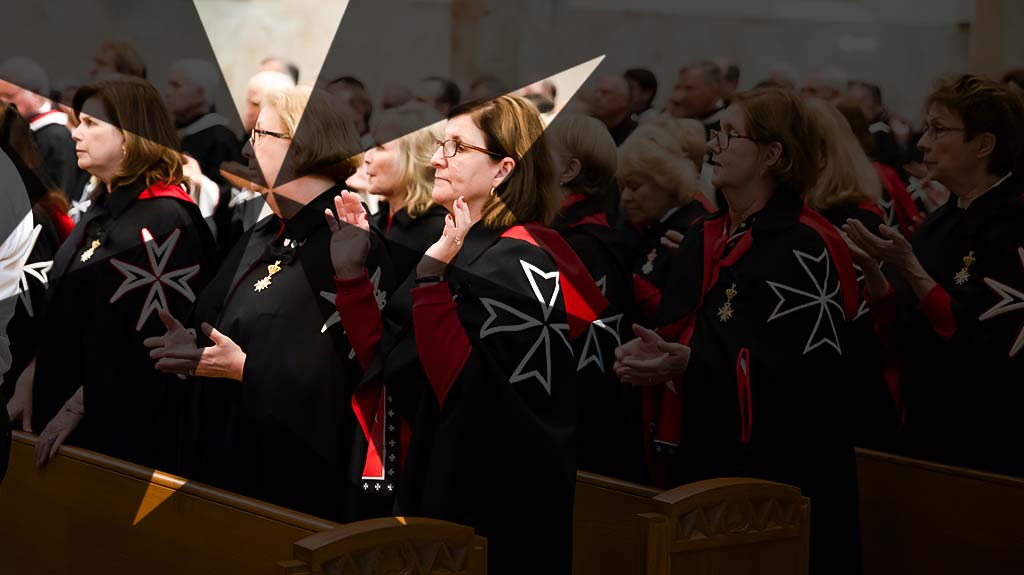At Mass on September 8, when we celebrate the Birth of Mary, whom we honor as Our Lady of Philermo, our gospel reading will come from the beginning of St. Matthew’s account. It is a list of names, summarizing an 840 year history of Israel, proving without a doubt Jesus could lay claim to all the prophecies that said the Messiah must be the Son of David. Sadly, that history is also a record of slavery, religious infidelity, promises broken, and dreams of national glory destroyed. The Old Testament Messiah was honored as “Prince of Peace,” but two thousand years after our Savior’s birth, his peace seems as elusive as ever.
Two weeks ago, residents of northern California braced for what promised to be unpleasant public demonstrations in San Francisco and Oakland. Priests received a letter from the Archbishop of San Francisco, who urged us to direct the faithful to prayer services and other peaceful alternatives to the planned demonstrations.
Although peace often seems nothing more than a longed-for dream, we find examples of it in St. Matthew’s list of names, which includes four women, two of them foreigners. The great-grandmother of King David came from Moab, one of Israel’s traditional and most-hated enemies, so these generations are a moral history, and Matthew is careful to explain that, even before Christ’s birth, divisions between foreigners and citizens, sinners and the righteous have been abolished.
This is not what we hear in the daily news, but on August 28, I turned on the car radio, to listen to Garrison Keilor’s “Writer’s Almanac.” To my surprise, I learned that day was the 54th anniversary of Martin Luther King, Jr.’s “I have a dream speech,” witnessed – peacefully – by two hundred thousand souls, in our nation’s Capital. Christ’s peace may be an elusive goal, but we may be grateful for those occasional, lone voices that proclaim it.
Matthew’s genealogy proves that when God’s Word became flesh, that flesh was none too distinguished, but in choosing Mary to be the wife of Joseph and the mother of His Son, God did not overlook the importance in our lives of trust, commitment, mercy, obedience and self-control.
The birth of Mary is not mentioned in the genealogy of our savior, but her birth is the necessary link between those forty-two generations Matthew does mention, and our hope of everlasting life. “Her soul,” Pope Benedict observed, “was the space from which God was able to gain access into humanity.”
And her birth takes forty-two generations of betrayal, disloyalty, and mistrust, and transforms them into a message of mercy for the weary, of justice for the oppressed, and of love for those who had come to think themselves unlovable – the very individuals our Order calls us to serve.
Warning: Trying to access array offset on value of type null in /www/orderofmaltawesternassn_874/public/wp-content/plugins/oxygen/component-framework/components/classes/code-block.class.php(128) : eval()'d code on line 106

